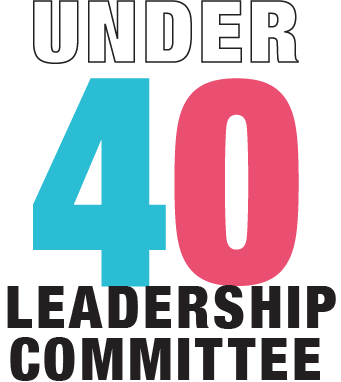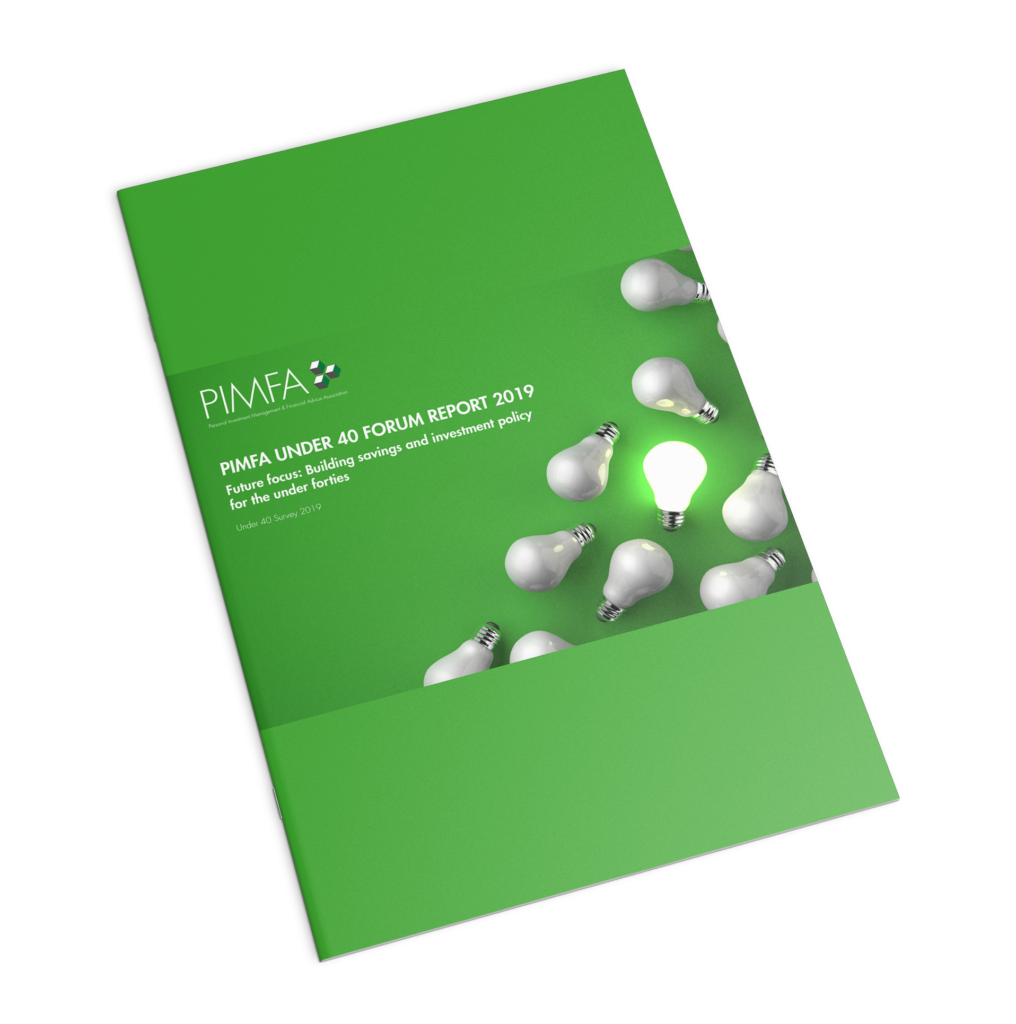2019 research Report SUMMARY

Long-Term Savings
- 59% of the 763 individual respondents said they either don’t think their savings will meet their retirement objectives or they don’t know if they will.
- Most young people don’t prioritize retirement savings 22% were saving for a home or a holiday. Only 13% were saving for retirement.
- UK should consider allowing early access for events such as housing or medical expenses.
- Late adoption of Auto-enrolment of pensions in the UK means we lag Australia.

Short-Term Savings
- Savers are looking for tax-efficient or company-matching saving schemes.
- Employer matching, SAYE deductions and tax incentives were cited as the most sought-after saving incentives.
- 53% of 22 to 29-year-olds had no money saved in a savings account or ISA from 2014 to 2016, compared with 41% from 2008 to 2010.
- Only a quarter of respondents under 40 contributed to a workplace pension, compared with 68% of respondents over 40 (Short Term Savings Team).
- App-based savings were popular amongst those under 40 but almost non-existent amongst the previous generation.

Financial Education
- 17% of UK adults self assess as having low financial literacy (Source: Financial Conduct Authority 2018, The financial lives of consumers across the UK)
- Citizens Advice evidence shows that financially illiterate consumers struggle to identify the services and products that best meet their needs. Being under-informed about basic f inancial concepts can have implications for saving, retirement planning, borrowing and other important financial decisions.
- While financial education exists in the current school curriculum, this only applies to LEA (local education authorities) schools and does not include free schools and academies. It is also not included in exam syllabuses, meaning it is often not adequately taught.
- 40% of people misunderstood aspects of everyday financial life, such as interest rates, inflation and interpretation of commercial offers (Source: Money Advice Service 2015, Financial Capability in the UK)
Social Impact Investing
- Social Impact Investing (SII) is an investment strategy which focuses on generating positive, measurable social or environmental impact as well as financial returns. SII aims to help develop a project or programme that may benefit society.
- 43% of Respondents Said They Wouldn’t Increase Their Involvement in SII or ESG.
- The most popular type of SII or ESG was investing in renewable energy, followed by healthcare, which was also as an area of interest for people who are considering SII or ESG investment.
- On average, those who invest according to their values dedicate over a third of their portfolio to sustainable investments. Considering that sustainable investing will become mainstream by 2023, and more products will be available, we believe there will be ample opportunity to invest for good.
- Many investors see the benefits of Social Impact Investing and are willing to allocate funds to this asset class. But if we want to increase the demand for SII, its performance needs to keep up with ‘traditional’ investments, or there need to be other incentives that attract investors.
Intergenerational Wealth
- UK state pensions are currently funded entirely by National Insurance (NI) contributions – based on the UK’s aging population and current level of funding, the Government’s Actuarial Department expect the NI fund to be wiped out (rendering the Government unable to meet state pension obligations) within the next 14yrs (by 2033)
- Growth is a priority when under 40s assess saving opportunities. ISA products are popular among them. They are also looking for tax-efficient or company matching schemes.
- Under 40s are interested in Social Impact Investing, but they currently don’t know what it is and how they can access it. For those who understand SII or have spare capital to invest in it, they still see it as a luxury rather than a necessity.
- Financial illiteracy is a pressing issue. Those who lack financial knowledge suffer from personal debt and create a heavy burden on the government. The root of financial illiteracy is that schools don’t enforce financial education.

 PIMFA
PIMFA

